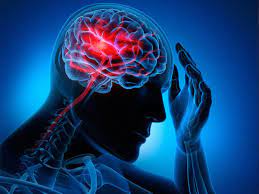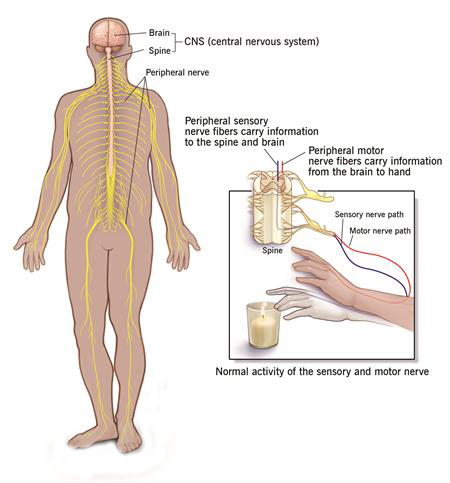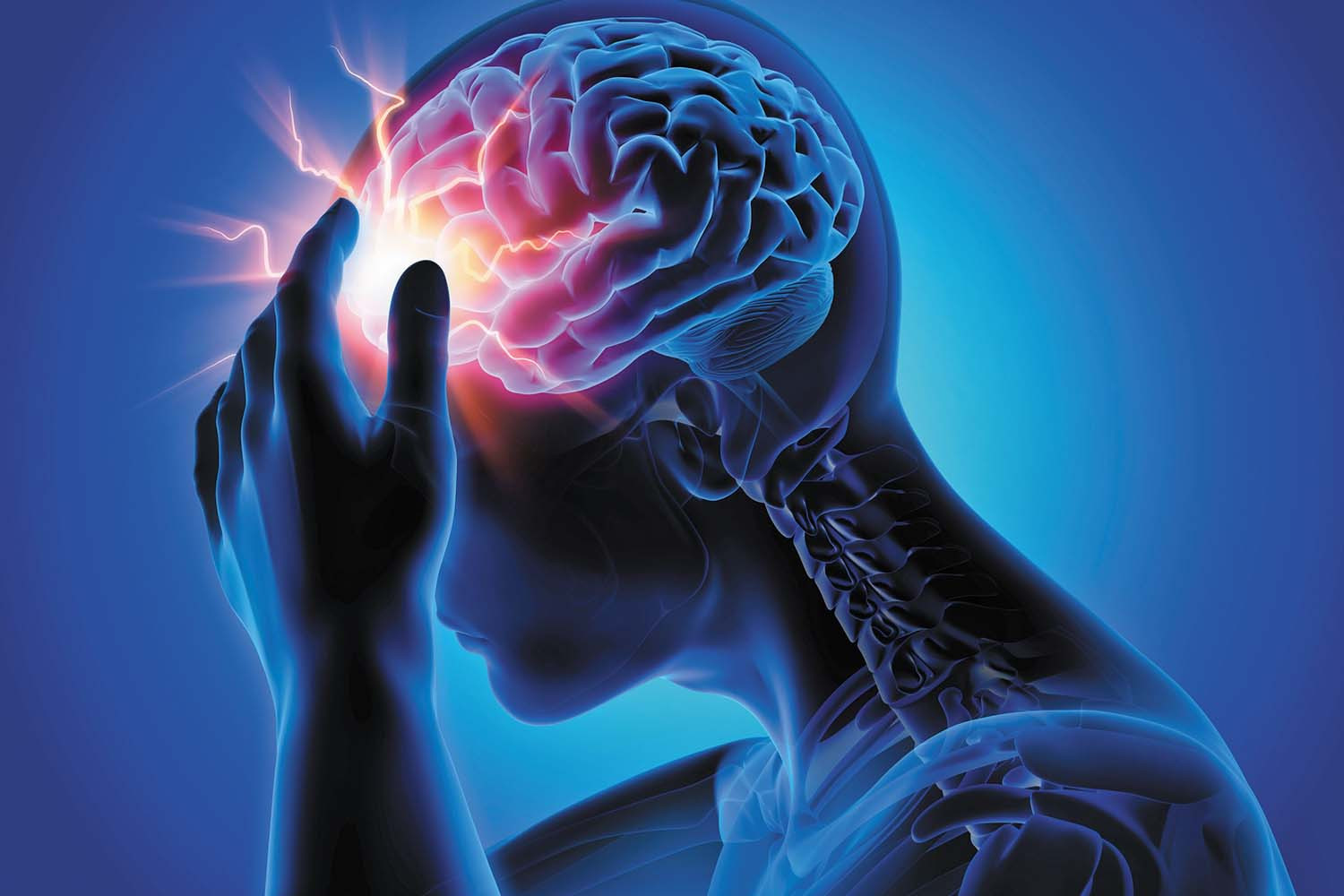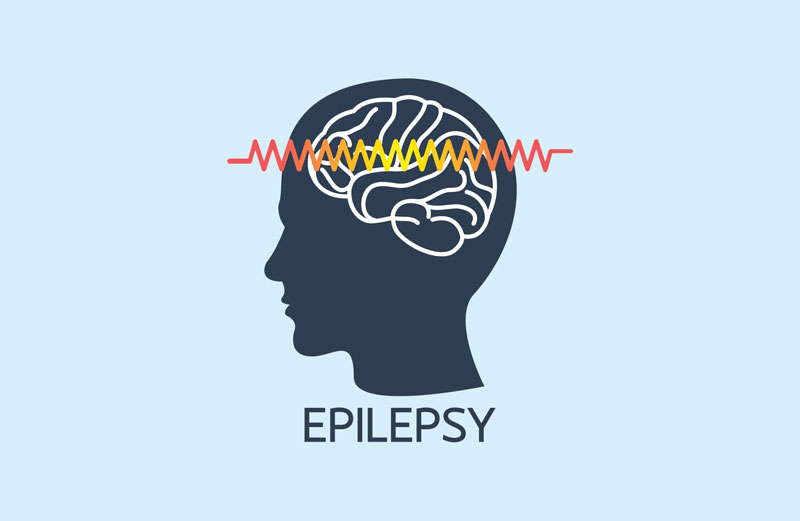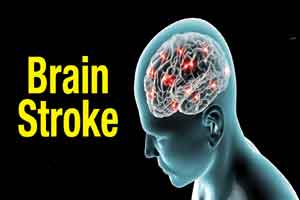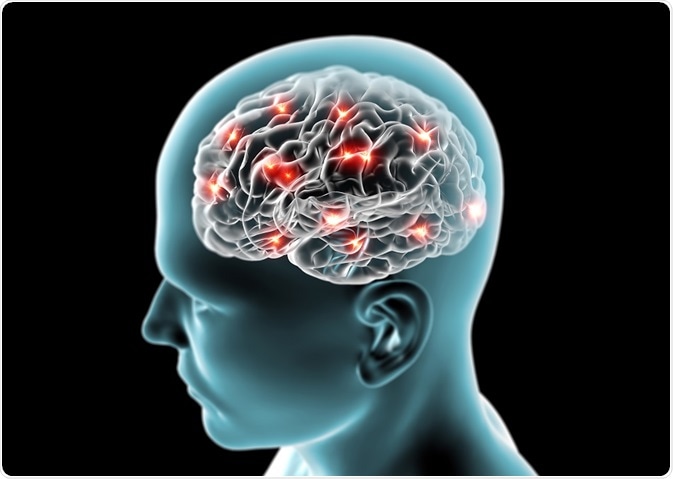
Autoimmune
encephalitis is a serious medical condition that arises when the body’s immune
system mistakenly targets areas of the brain. This rare but potentially
life-threatening condition can cause a range of symptoms that affect cognitive,
emotional, and physical health. Early detection and timely treatment are
critical to managing the condition effectively.
Key Symptoms
of Autoimmune Encephalitis
Autoimmune encephalitis can manifest with diverse symptoms, which may vary from person to person. Common signs include:
- Difficulty with Balance, Speech, or Vision
- Severe Anxiety or Panic Attacks
- Weakness or Numbness
- Loss of Consciousness
- Behavioral Changes
- Hallucinations
- Seizures
Why Early
Diagnosis is Crucial
The symptoms
of autoimmune encephalitis can mimic other conditions, making diagnosis
challenging. Without timely intervention, the inflammation can cause lasting
brain damage, affecting quality of life. Early recognition of symptoms and
consultation with a neurologist is key to managing the condition effectively.
When to
Seek Help
If you or a
loved one experience any of the symptoms listed above, do not delay seeking
medical advice. Autoimmune encephalitis is treatable, and early care can
significantly improve outcomes.
Stay
informed and prioritize your brain health because timely action can make all
the difference.
Dr Varun Reddy
DM Neurology, AIIMS New Delhi
Senior Neurologist
WhatsApp message us : +91 73865 77796
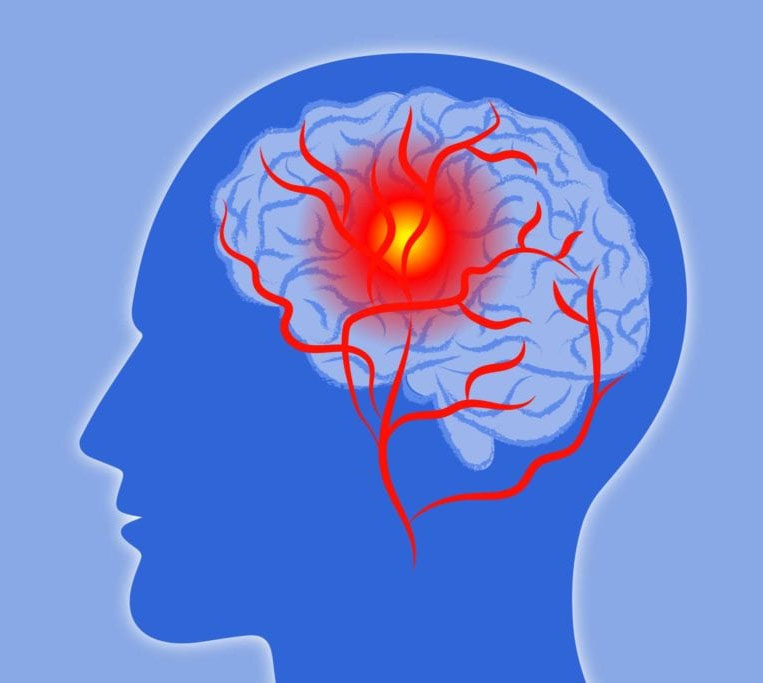
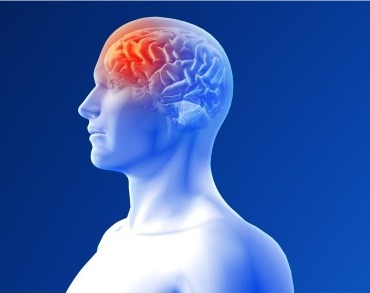



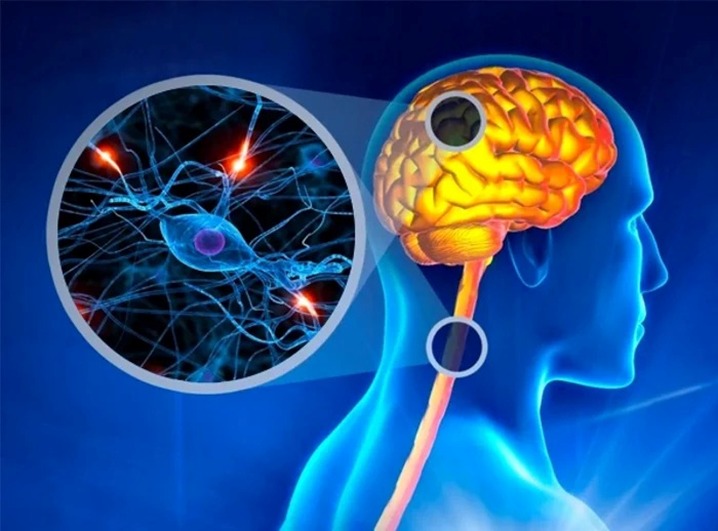
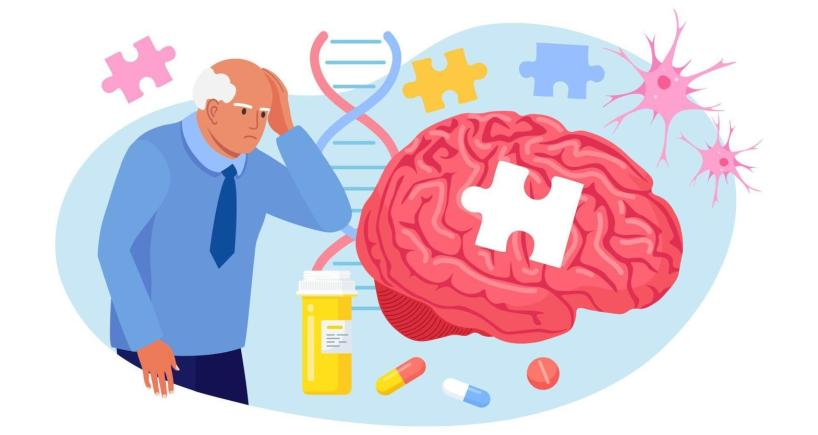

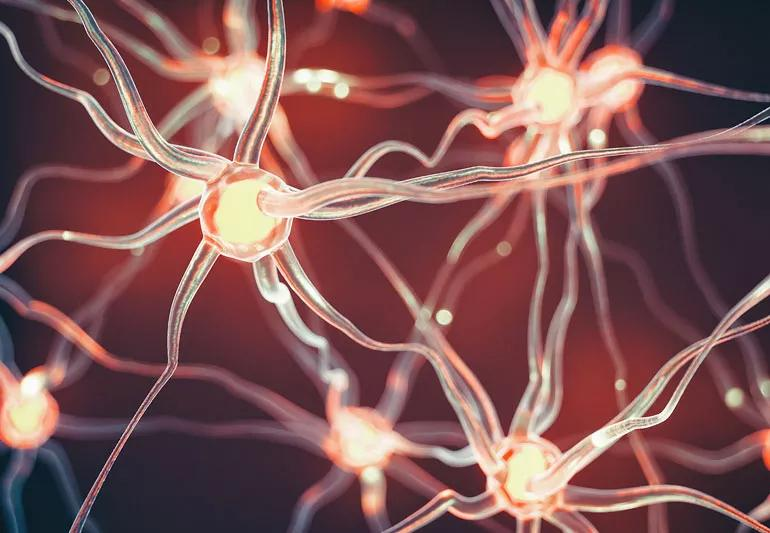

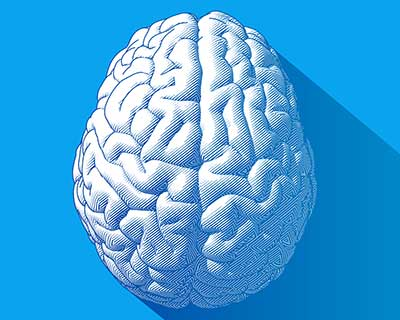


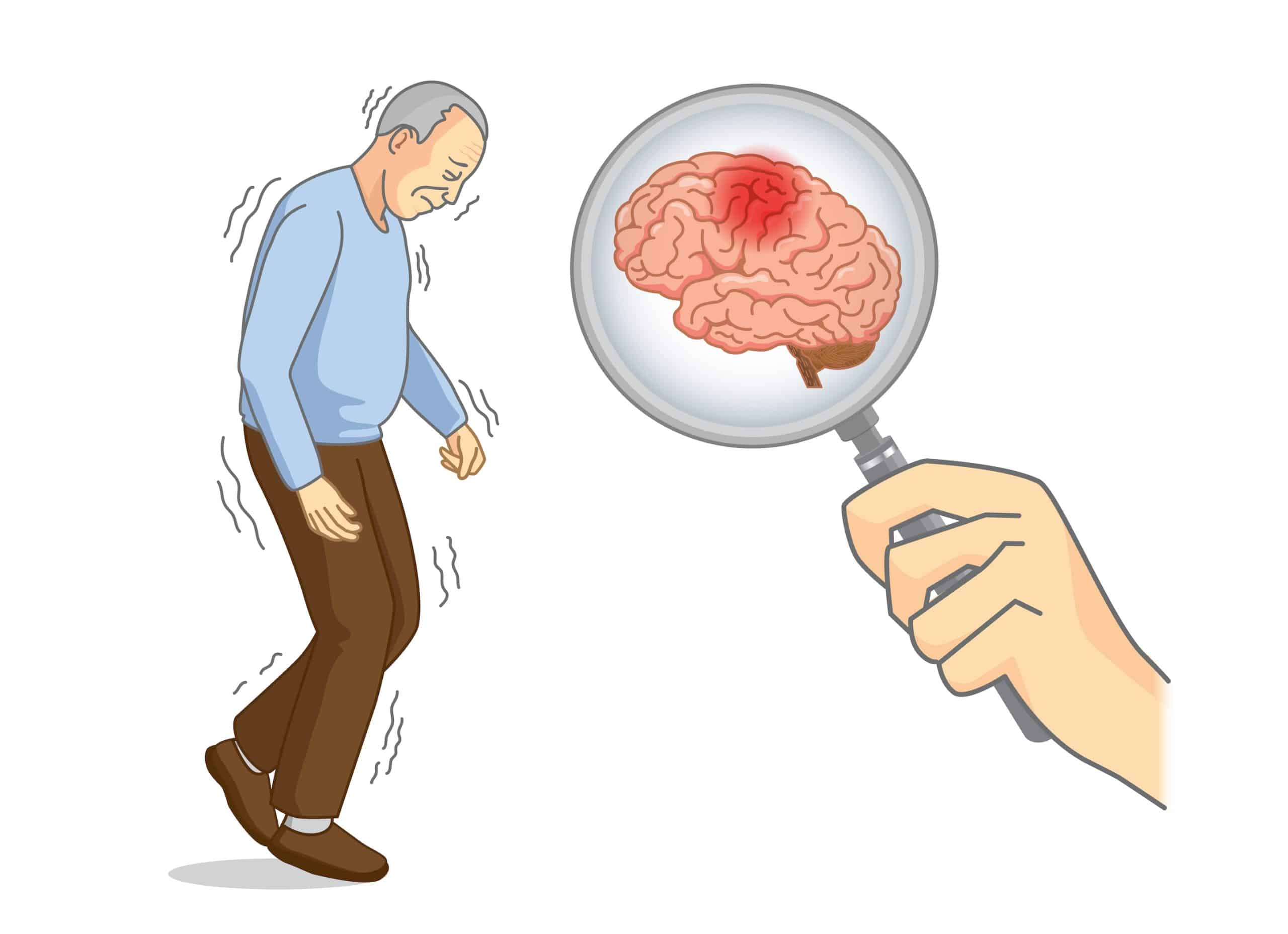
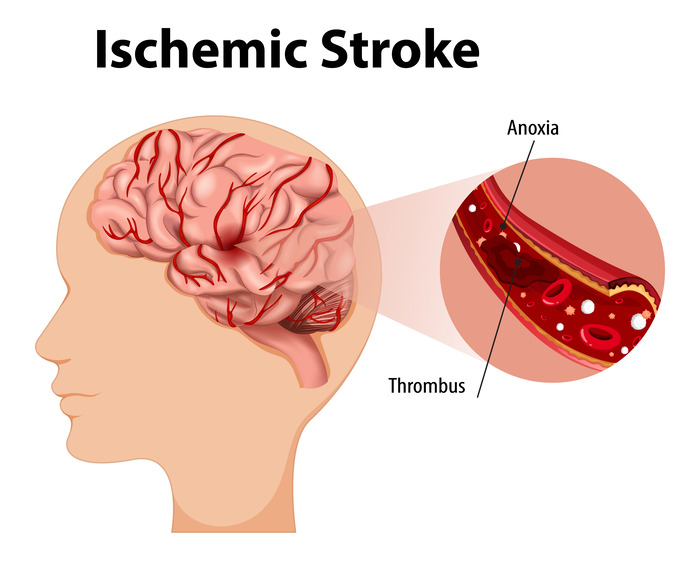
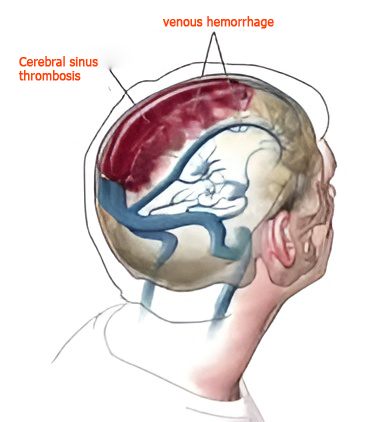
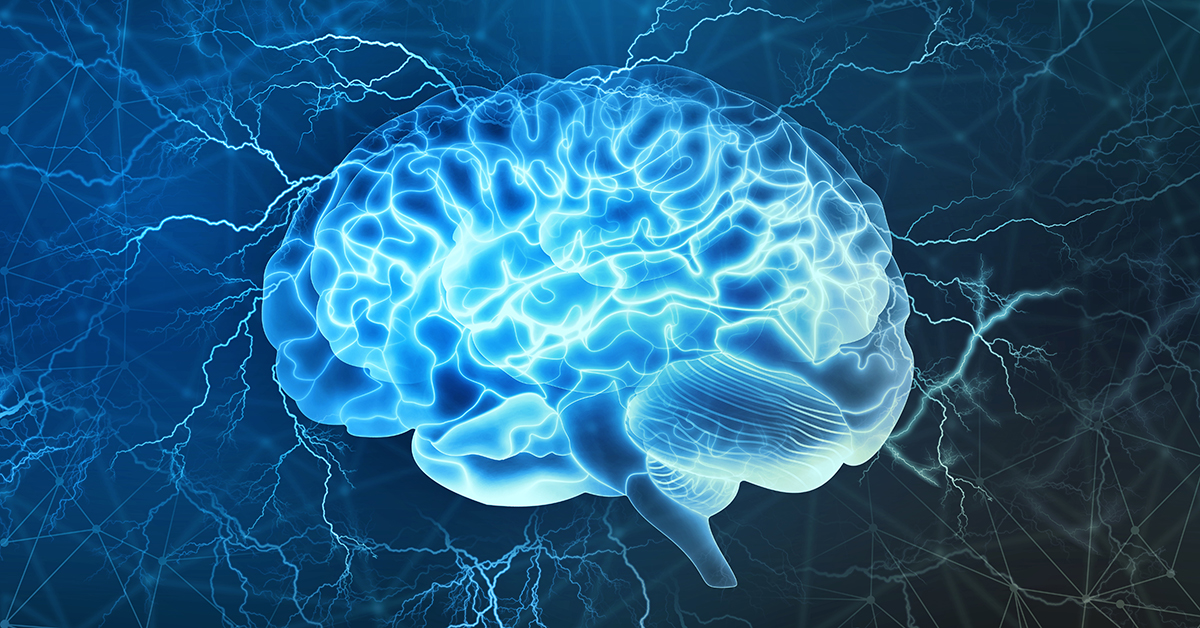
.jpg)

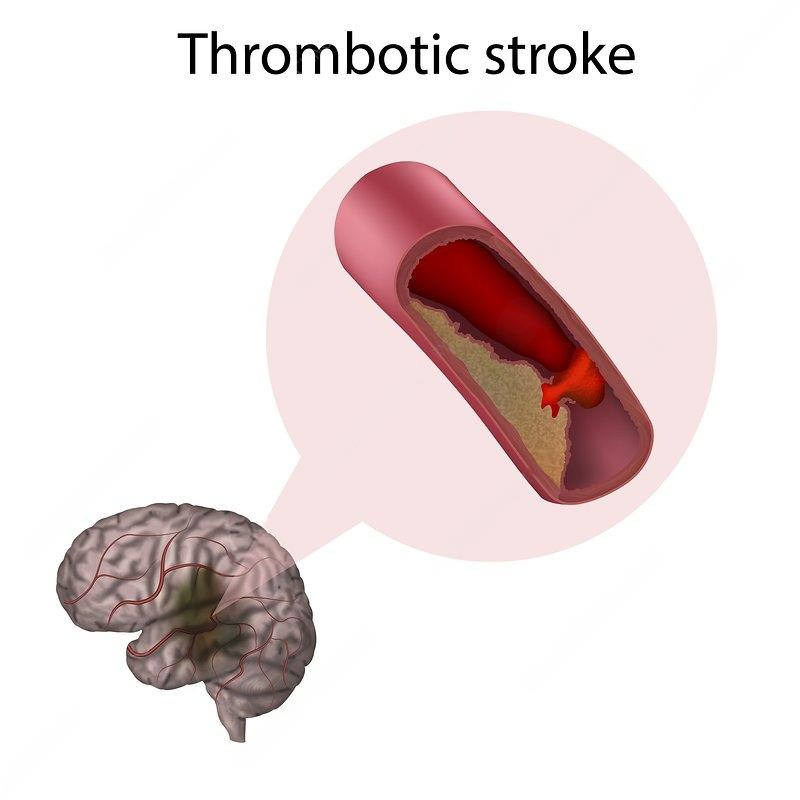

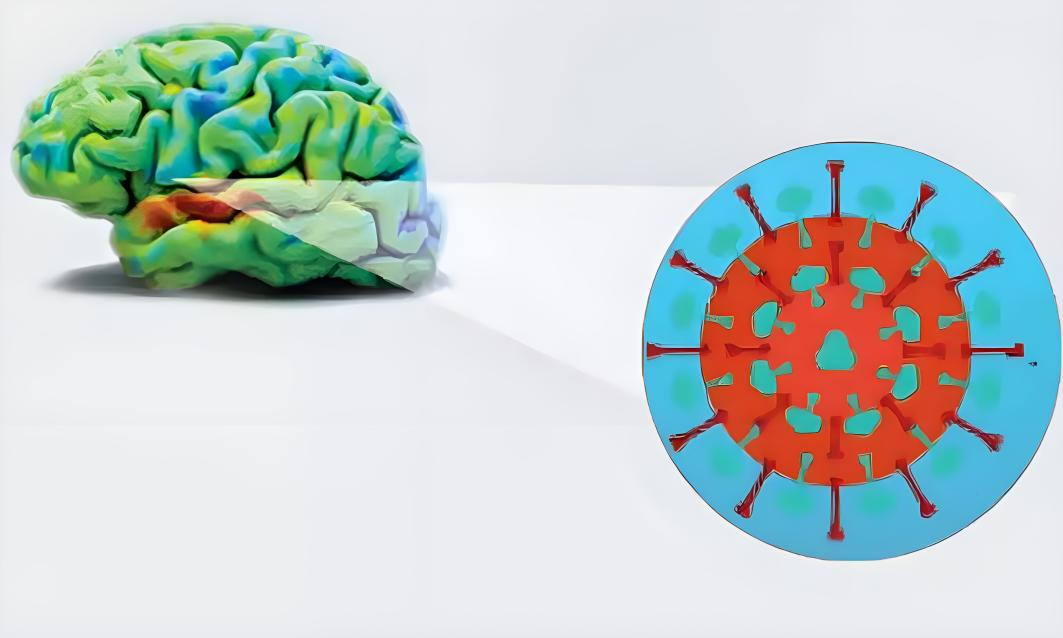
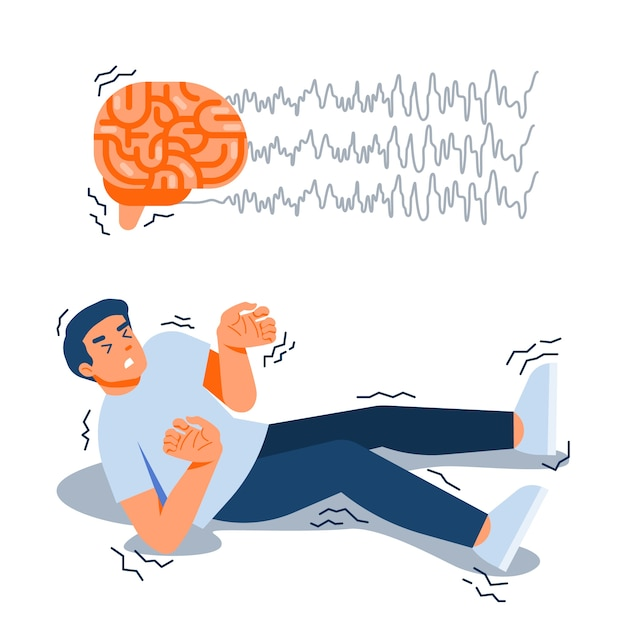
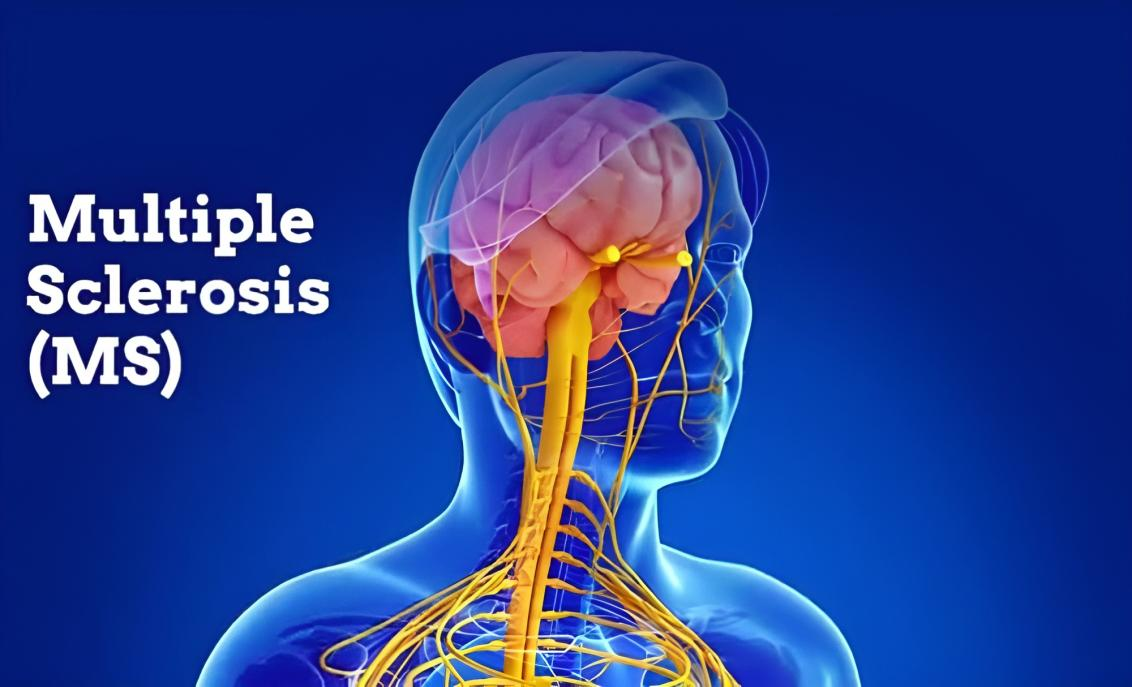
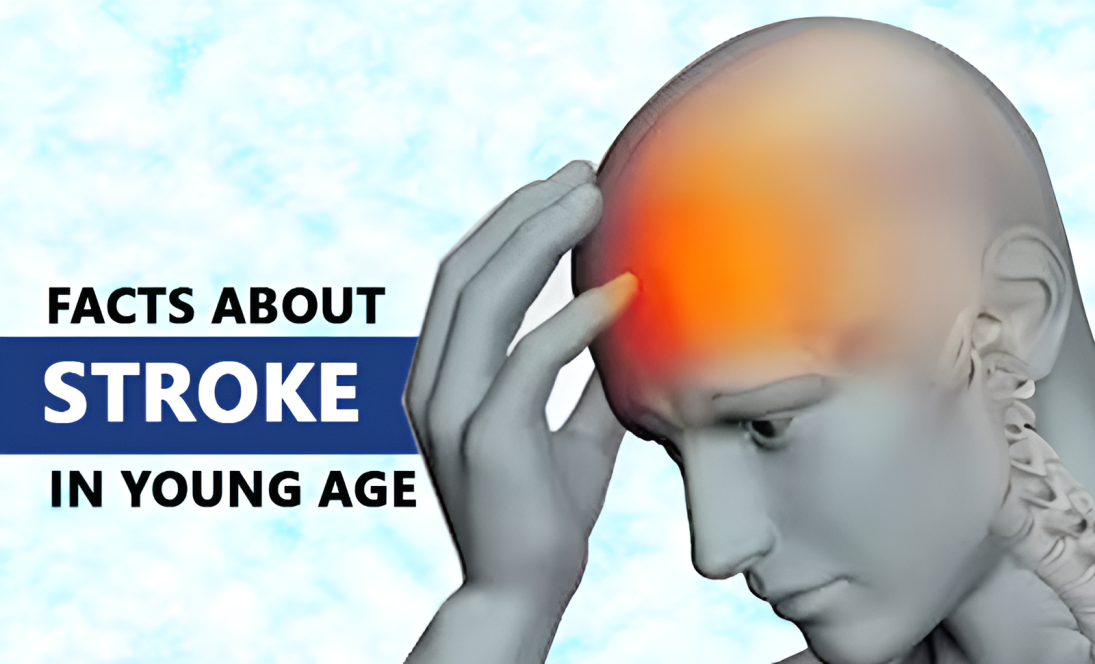

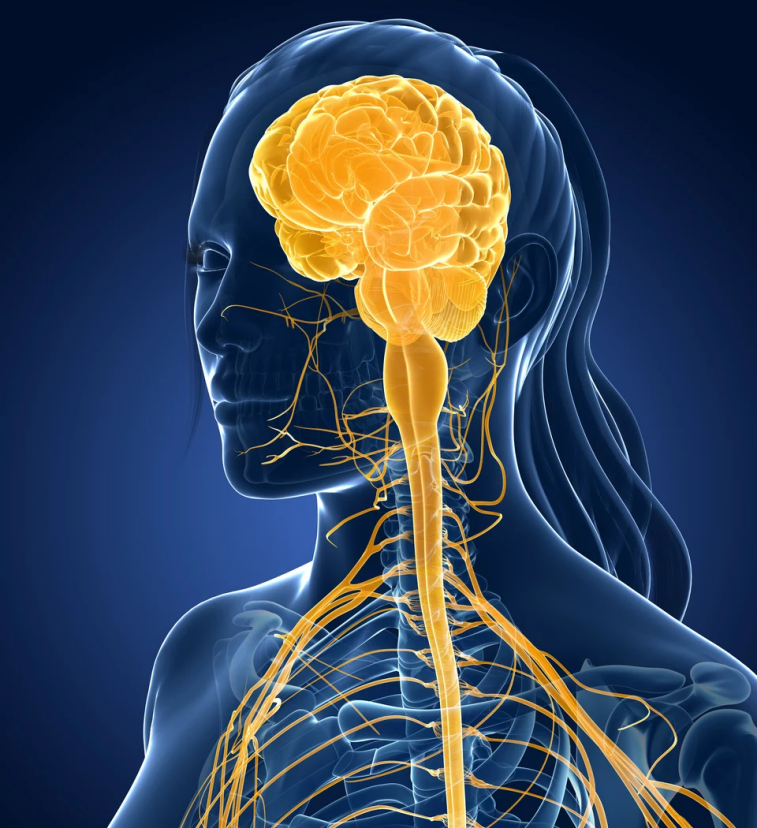

.png)

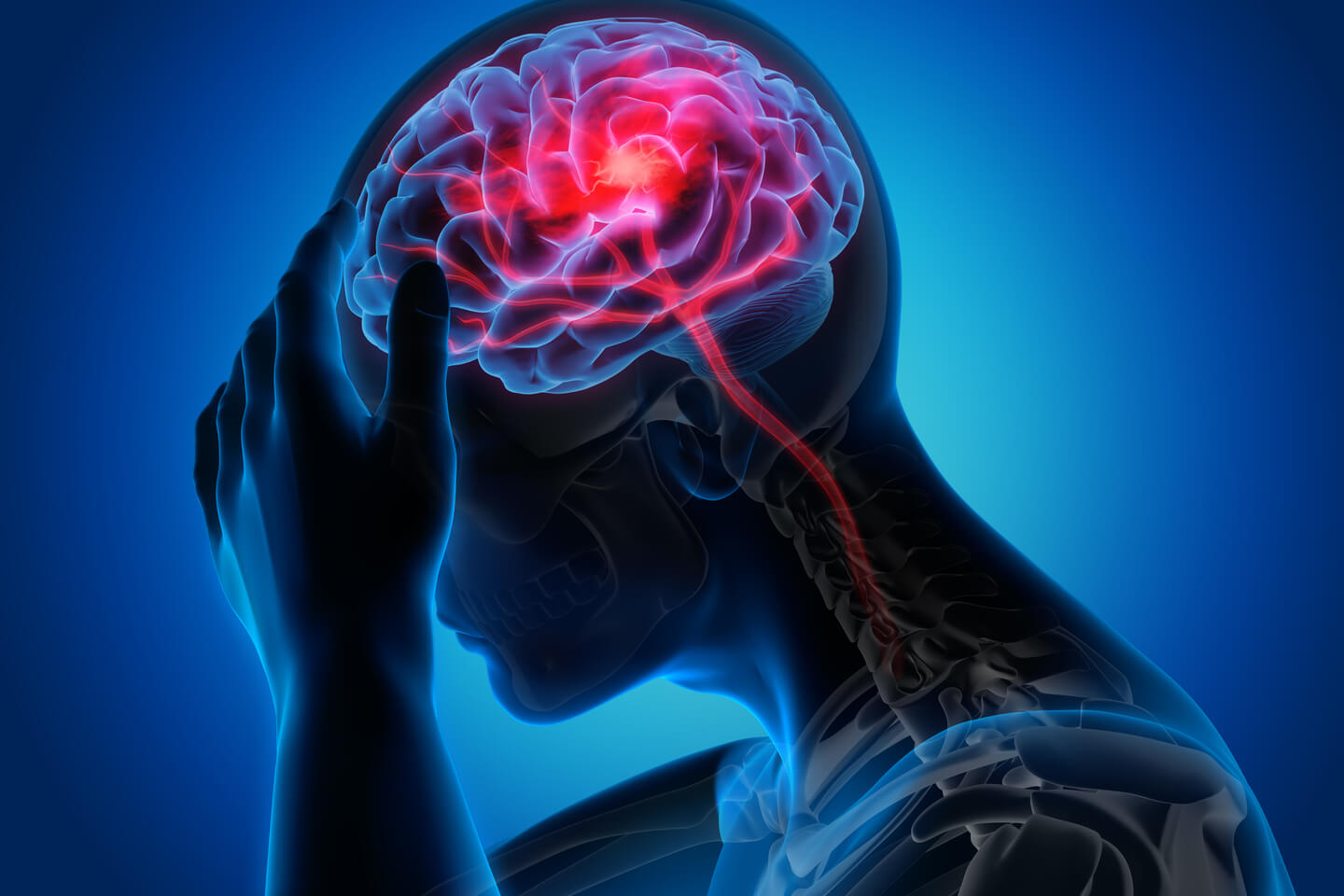
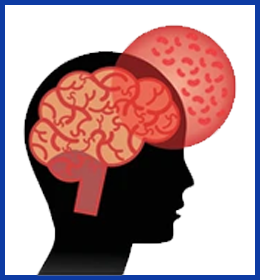
.png)
.png)



